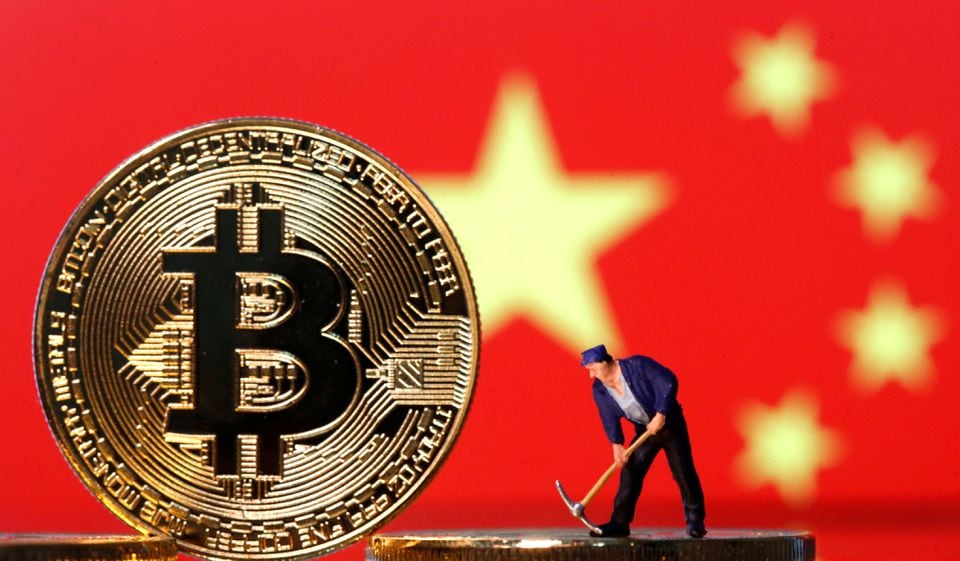In its recent financial stability report, the People’s Bank of China (PBoC) advocates for international collaboration in establishing regulations for the cryptocurrency market. The report highlights the importance of addressing issues related to cryptocurrency asset regulation and decentralized finance (DeFi), dedicating a specific section to crypto assets and emphasizing the necessity for coordinated regulatory efforts across nations.
Significant Reports from China
The December 22nd report revealed that the cryptocurrency market comprises 1% of the global financial system and has limited ties to traditional finance. Notably, the People’s Bank of China (PBoC) addressed crypto assets in a dedicated section for the first time, urging global governments to adopt a uniform regulatory approach to prevent arbitrage.
The report highlighted risks like hacker attacks, market manipulation, and concerns about DeFi governance.
PBoC cited the 2022 collapse of the Terra ecosystem and FTX exchange bankruptcy as examples, emphasizing the need to address legal regulatory fragmentation and eliminate supervisory arbitrage. This move follows China’s previous major ban on the crypto industry, signaling a shift towards collaborative global regulation.
China Might be Moving Towards Regulating the Cryptocurrency Market
In 2021, the People’s Bank of China (PBoC) officially announced measures to counter the use of crypto assets in the country, emphasizing stronger inter-departmental coordination to block crypto activities. Despite the comprehensive ban on nearly all crypto transactions and mining, China remained a significant hub for crypto mining.
Industry executives, such as Animoca’s co-founder Yat Siu, suggested that Hong Kong’s swift adoption of the crypto market might indicate potential progressive regulatory steps in China’s crypto stance. Conversely, some local executives believed that China’s position on crypto was unrelated to the crypto-friendly developments in Hong Kong.



